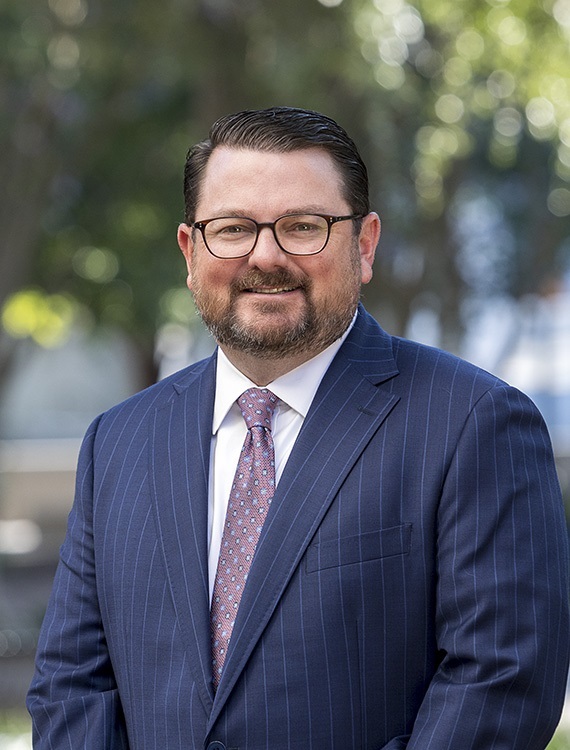Governor Signs Property Bill

Governor Rick Scott has signed SB 1770 into law. At the outset of the 2013 legislative session, SB 1770 contained an ambitious set of reforms designed to reduce the size of Citizens Property Insurance Corporation and reduce the degree to which it competes with the admitted market. The final package, however, contained a milder set of compromise proposals that its Senate sponsor called “half a loaf” during the floor debate. Nonetheless, policymakers have pointed to a number of beneficial changes in the bill that will help the market, even if less dramatically than he might have hoped at the outset of the session.
Significant provisions in the bill include:
Extending the exemption for medical malpractice insurance from Florida Hurricane Catastrophe Fund assessments until June 1, 2016.
Exempting activities of Citizens in placing business with authorized insurers from the exchange of business statute.
Prohibiting public adjusters from taking interests in salvage property without a signed affidavit.
Adding a structural engineer to the Florida Commission on Hurricane Loss Projection Methodology.
Gradually reducing the maximum personal residential dwelling limits that Citizens may write. The maximum limit will drop to $1 million as of January 1, 2014; $900,000 as of January 1, 2015; $800,000 as of January 1, 2016; and $700,000 as of January 1, 2017. The limit will remain at $1 million in any area for which the Office of Insurance Regulation determines there is not a reasonable degree of competition.
Precluding new construction seaward of the coastal construction control line from being eligible for a Citizens policy if permitted on or after July 1, 2014.
Adding a consumer representative to the Citizens board (to be appointed by the Governor).
Rendering existing Citizens personal residential and commercial residential risks ineligible for continuing coverage if they receive offers of coverage at rate levels equal to or less than the Citizens renewal premium.
Allowing assuming insurers to use Citizens forms for up to three years on assumed business without obtaining Office of Insurance Regulation approval.
Establishing an Office of the Inspector General within Citizens (with the Inspector General to be appointed by the Financial Services Commission).
Requiring Citizens to report annually on its non-catastrophe loss ratios.
Treating Citizens as a state agency for purposes of procurements and setting forth a hearing process for disputed procurements.
Establishing a clearinghouse for personal residential policies to facilitate private market offers before risks enter Citizens.
During the session, the bill contained quite a few other proposals fell by the wayside. Among the ideas that surfaced this year that did not make the final cut are:
Increasing the “glide path” rate increases taken by Citizens each year.
Requiring Citizens to charge actuarially sound rates for new business.
Pegging Citizens rate levels to the rates of the Top 20 writers in the market.
Reducing the maximum dwelling limits on personal residential policies to $500,000.
Authorizing Citizens to engage in a surplus note program.
Allowing Citizens to enter into risk-sharing agreements.
Exposing Citizens to bad faith lawsuits, subject to the state’s sovereign immunity cap.
Allowing surplus lines insurers to participate in the clearinghouse process.
Granting authority to appoint Citizens’ executive director to the Governor and Chief Financial Officer.












